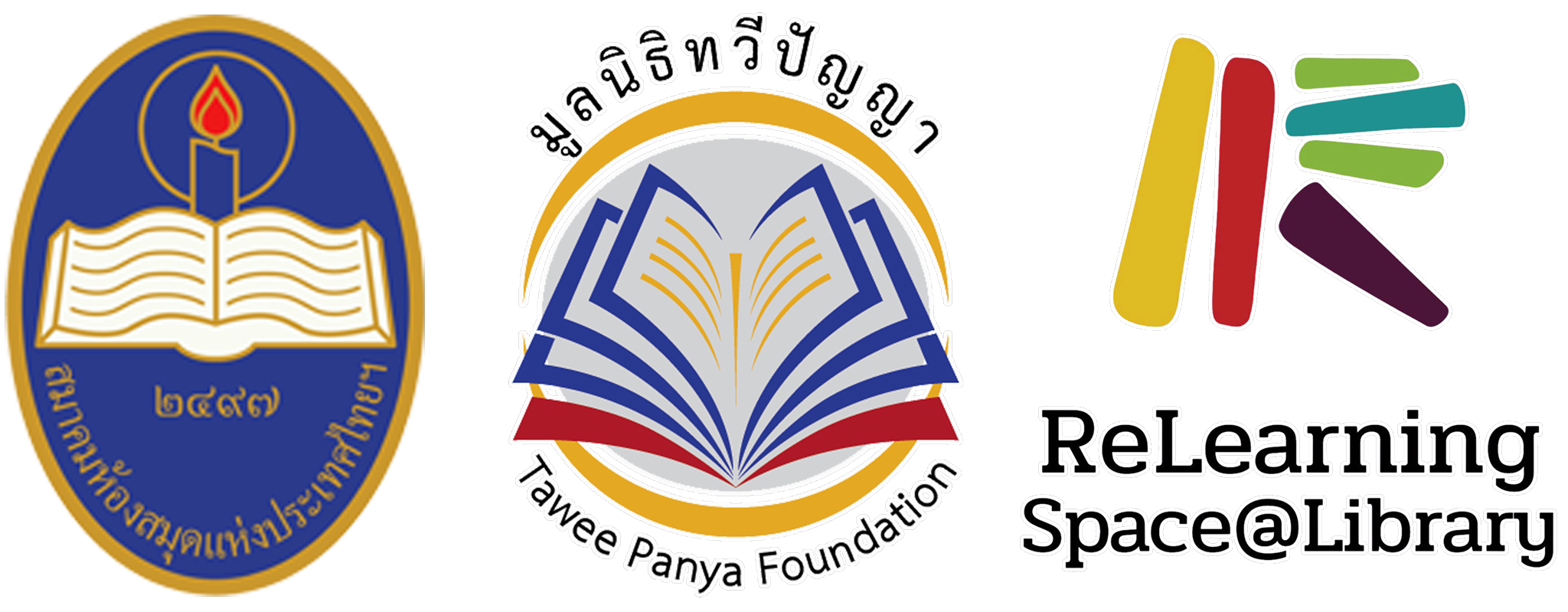Development of a web-based self-training package for information retrieval using the distance education approach
Chutima Sacchanand
School of Liberal Arts, Sukhothai Thammathirat Open University, Bangkok, Thailand, and
Vipa Jaroenpuntaruk
School of Science and Technology, Sukhothai Thammathirat Open University, Bangkok, Thailand
Abstract
Purpose – The purpose of this project was to develop a web-based self-training package for information retrieval using the distance education approach.
Design/methodology/approach – The package was developed using the distance education approach with STOU Plan, STOU Plan 2000 and GMS-VU applied. The distance education model for the web-based self-training package was composed of five stages: identifying the learners, design of the package, production of the package, establishing the delivery system, and evaluation. The system development methodology was based on the system development life cycle (SDLC) with a combination of waterfall, phased and prototyping approaches. There are several phase in SDLC to carry out: problem and objective identification, requirement determination, requirement analysis, package design, package implementation, delivery system and evaluation. Evaluation of the package was conducted in two phases: formative evaluation and summative evaluation using the focus group discussion method. Formative evaluation was conducted during the package development by experts in the field prior to the summative evaluation. The summative evaluation was conducted after the package development had been completed as a pilot study for field trial by target users, consisting of junior library staff and library users. All comments were reviewed and refined in terms of instructional content, design, overall opinion and learning progress before put on production.
Findings – The package consists of three main components: About the project, Study modules, References and further readings. Study modules, which is the most important component, consists of ten instructional modules focusing on information retrieval, and self-assessment through pre-test and post-test. The package includes multimedia such as images and sound to attract learners during their learning session. The delivery mode for the self-training package offers both online and off-line modes. Online mode is offered when there is network facility and internet connection available, while offline mode is offered through CD-ROM without requiring network and internet connection. The features and functions of both modes are identical. Moreover, print materials are also included as supplementary media.
Originality/value – Since the module is a self-directed learning or self-training tool in information retrieval it can be employed for junior library staff and library users; it provides a training tool for librarians to train library users and supports human resource and development to narrow digital divides and support the right to access information.
Keywords
E-learning, Computer based learning, Information retrieval, Distance learning.
Full Text:
Bibliography
Adams, K., Bicknell-Holmes, T. and Latta, G.F. (1998), “Supporting distance learners and academic faculty teaching at a distance”, paper presented at the 14th Annual Conference on Distance Teaching and Learning, University of Wisconsin-Madison, Madison, WI. Behrens, S.J. (1993), “Obstacles to user education for off campus students: lecturers’ attitudes to library skills”, Proceedings of the Sixth Off-campus Library Services Conferences, Central Michigan University, Mt. Pleasant, MI. Casey, D. (1998), Learning “from” or “through” the web: models of web based education, available at: www.acm.org/pubs/citations/proceedings/cse/282991/p.51-case Jaroenpuntaruk, V. (2002), “STOU infrastructure for distance education”, paper presented at the 1st Task Force Workshop on IT Programme for GMSVU Pilot Project, Hanoi, Vietnam, available at: www.stou.ac.th/Thai/GMSVU/Index.asp National Center for Education Statistics (2002), The Condition of Education 2002, available at: http://nces.ed.gov/pubs2002/2002025_5.pdf Popoola, M.O. (1992), “The role of libraries in the promotion of independent study in developing countries”, Research strategies, Vol. 10 No. 4, pp. 161-9. Rader, H.B. (1998), “Information literacy: the professional issue”, College & Research Libraries News, Vol. 59 No. 3, pp. 171-2. STOU and UNESCO (1997), Planning Human Resources Development for Information Societies. Bangkok, Sukhothai Thammathirat Open University, and UNESCO, Bangkok, (Supported by the Ministry of Education, Science, Sports & Culture. Government of Japan). STOU (2004), Final Report Pre-Pilot Project to Establish the Greater Mekong Sub-region Virtual University (GMSVU), submitted to the United Nations Educational, Scientific and Cultural Organization (UNESCO), STOU, Nonthaburi. STOU (2000), STOU Plan 2000, STOU, Nonthaburi. Stoker, D. (1995), “Editorial: information and library studies at a distance”, Journal of Librarianship and Information Science, Vol. 27, March, pp. 3-5. Vaill, P.B. (1996), Learning as a Way of Being, Jossey-Bass, San Francisco, CA. Vishwanatham, R., Wikins, W. and Jevee, T. (1997), “The internet as a medium for online instruction”, College & Research Libraries, Vol. 58 No. 5, pp. 433-44.



